Skillet Cod with Brown Butter, Crispy Sage and Shallots
When we think of fall dishes, we aren’t usually thinking about seafood…especially delicate, light flaky fishes like cod. Good old reliable, flaky, fragile, standard white fish cod. Over the years, I have come to love cod more and more. You will never catch me ordering it at restaurants (I usually go for something more exotic if I’m paying a premium to dine out) but when it comes to cooking at home, I think cod is one of the most versatile proteins around. I think of it as the “chicken of fish”… it’s neutrally flavored and makes for a great canvas for other flavors. You can go with a classic baked cod with lemon and olive oil; poached cod in a hearty tomato stew; or you can do something different like this pan-seared brown butter cod with crispy sage and shallots.
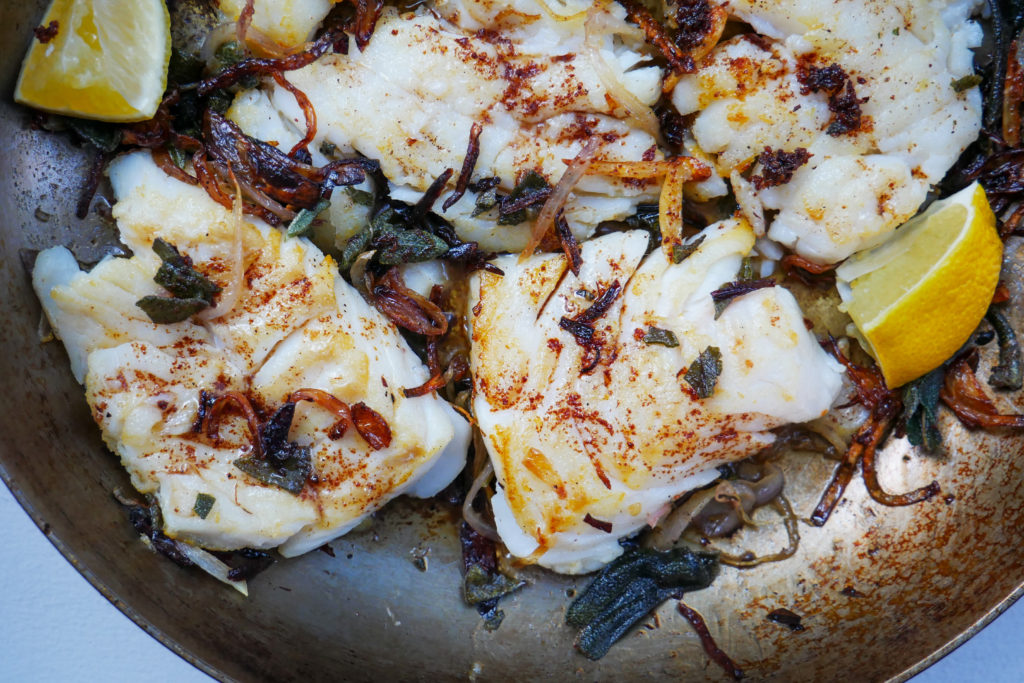
I chose cod for this dish because it’s affordable, even when it’s fresh. If you want to take it up a notch, halibut would also go beautifully here. Something I do want to note is that cod is very, very delicate, especially when prepared in a pan. It will only take a few minutes to sear the cod to temperature (140 degrees F,) and when it’s done cooking, it will start to flake apart. To make sure you’re flipping and handling it carefully, I highly recommend using a fish spatula for the pan-sear. I’m linking some below if you want to purchase (they’re great for other proteins, pancakes, even veggies as well and I use mine all the time!) I personally use the OXO brand (the first one that’s linked.) If you don’t have a thin spatula like a fish spat, then feel free to bake the cod and then prepare the sauce separately to make sure the fish doesn’t break and flake excessively before its served.
I also want you to know that I styled these photos by putting the cod back into the skillet with sage and shallots. This isn’t the most beautiful dish, so I had to get creative to showcase the different flavors and textures for a blog photo. I don’t want to be misleading, so I want to let you know now that yours will look a little different, and instead of being topped with sage and shallots in the skillet, it will happen on a plate. Here’s how it works: we cook the cod then remove it from the skillet. Then, we make our brown butter sauce. There are two important steps here because it all happens so fast. First, make sure you give your pan a minute to cool down after searing the cod. If you put the butter in right after the cod is done, it will brown instantly and then burn one second later. To prevent this, turn off the heat entirely and let it sit for a second as you gather your ingredients for the sauce. Second, once the butter is melted, add the shallots and sage. Let them cook with the butter at a lower and slower pace. If you turn your heat up too fast, the shallots and sage will end up burnt, as will your butter. You’d rather take your time with this!
Side dish pairings:
My personal favorite side to serve with this fish is a classic arugula salad with a simple balsamic vinaigrette. The balsamic brings a rich depth of flavor to the spicy arugula, which feels crisp and clean. The comforting, toasty, yet light and delicate fish goes beautifully with this or any simple side salad. It also would go nicely with simple roasted Brussels sprouts (just tossed in olive oil, salt and pepper) or green beans.
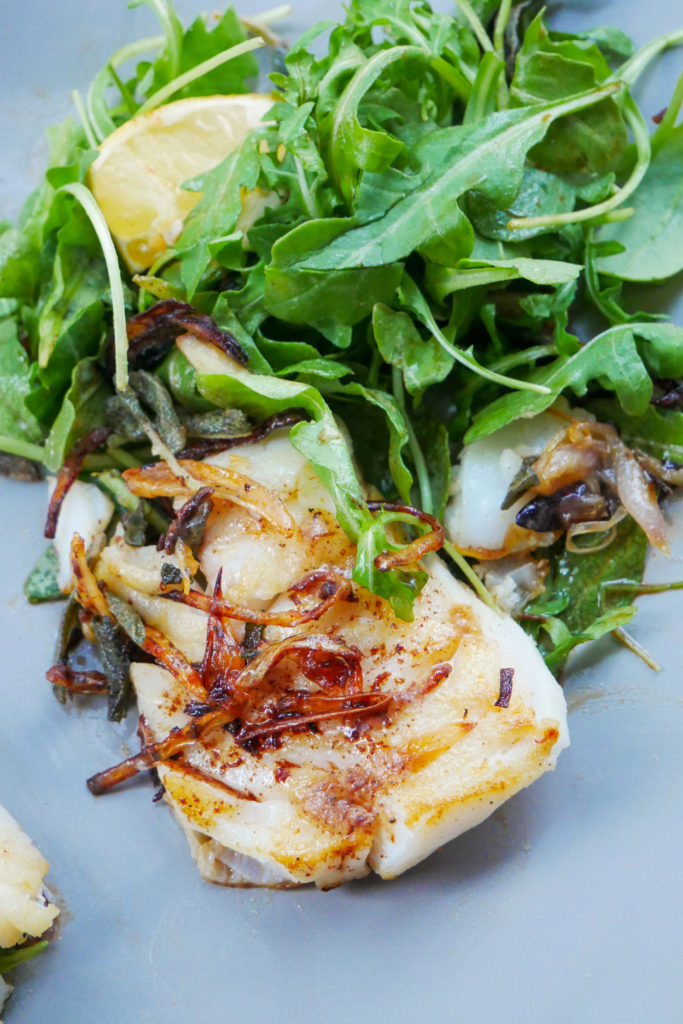
Ingredients
Adjust Servings
| 2lb fresh cod, skin off, cut into even-sized fillets | |
| Salt, to taste | |
| Pepper, to taste | |
| Avocado oil, for pan (can use vegetable or olive oil as well) | |
| 4tbsp unsalted butter | |
| 1 large shallot (or 2 small shallots), thinly sliced | |
| 1/3cup fresh sage leaves |
Equipment
Directions
Pat the fish dry with a paper towel on both sides. Season the fish with salt and pepper, then set aside.
Heat a large stainless steel skillet over medium high heat. After a few minutes, splash a little bit of water onto the pan. If the water steams and bubbles, your pan is not hot enough. If the water dances on top of the pan in a bubble that won’t burst, your pan is hot enough to move forward!
Season the skillet with enough oil to comfortably coat the surface (about 1 tbsp or so.) It should thin out and shimmer right away, and may be slightly smoky.
Place the dried off fish into the skillet and let it cook for about 2 minutes, until slightly golden on the bottom facing the heat. If you don't have enough space for all of your fish, work in batches. They only take a few minutes to sear. Gently flip each fillet and cook until the fish measures at least 140 degrees F internally. If you don’t have a meat thermometer, you’ll know the cod is done when it becomes delicate and may even flake when it’s touched. If it flakes, it will still taste fabulous and you can still plate it nicely, so don’t worry!
Turn the stove off. Then, remove the cod from the skillet and place the fillets onto a plate (be careful, they will be fragile!). Cover the plate with tin foil so they stay warm.
Return back to your skillet and let it cool for 1-2 minutes
Then, adjust the heat to medium low and add the butter to the pan along with a small pinch of salt (about 1/8 tsp.)
The butter should slowly melt, maintaining its foggy light yellow color. Once the butter is fully melted, add the shallots and sage to the pan.








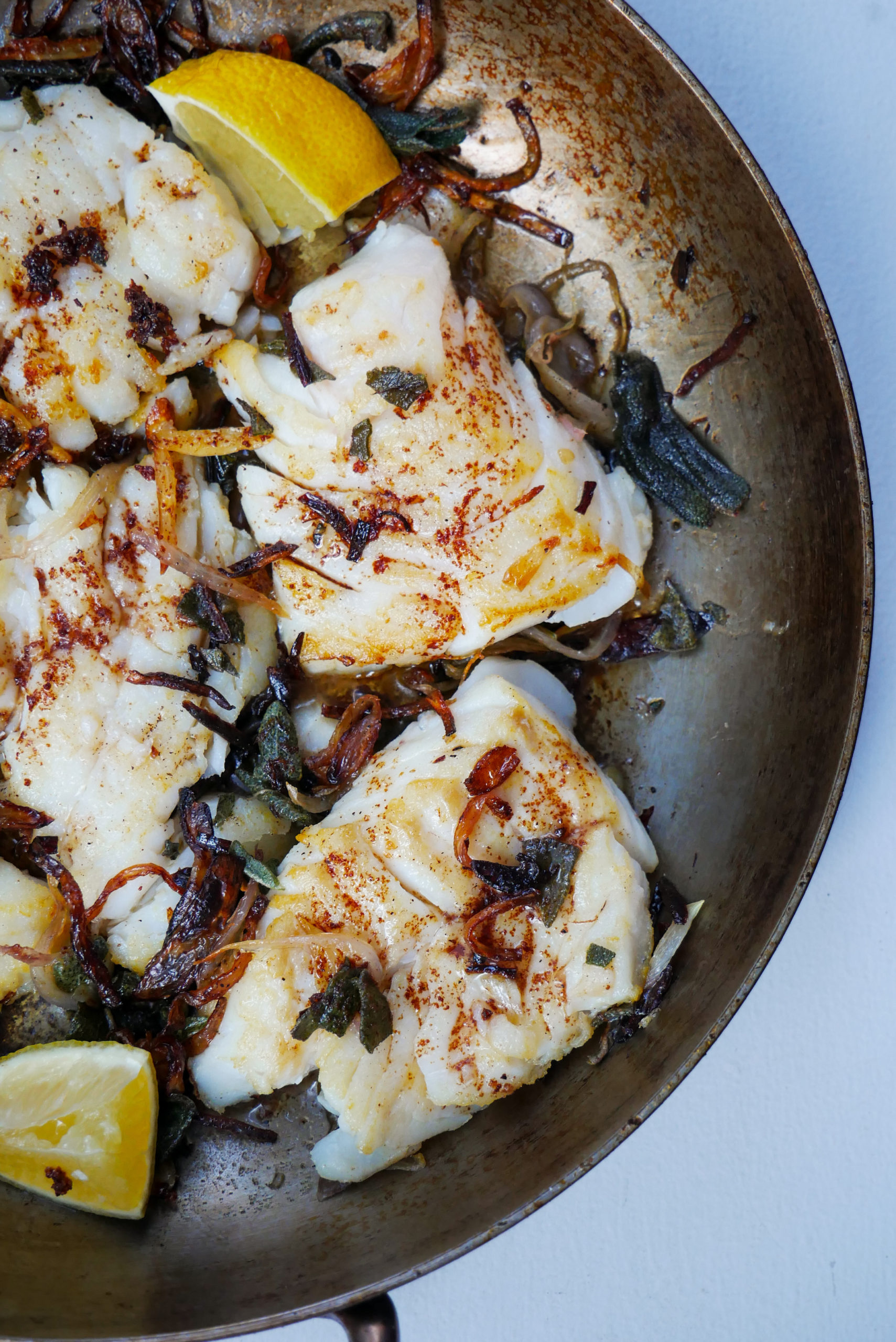
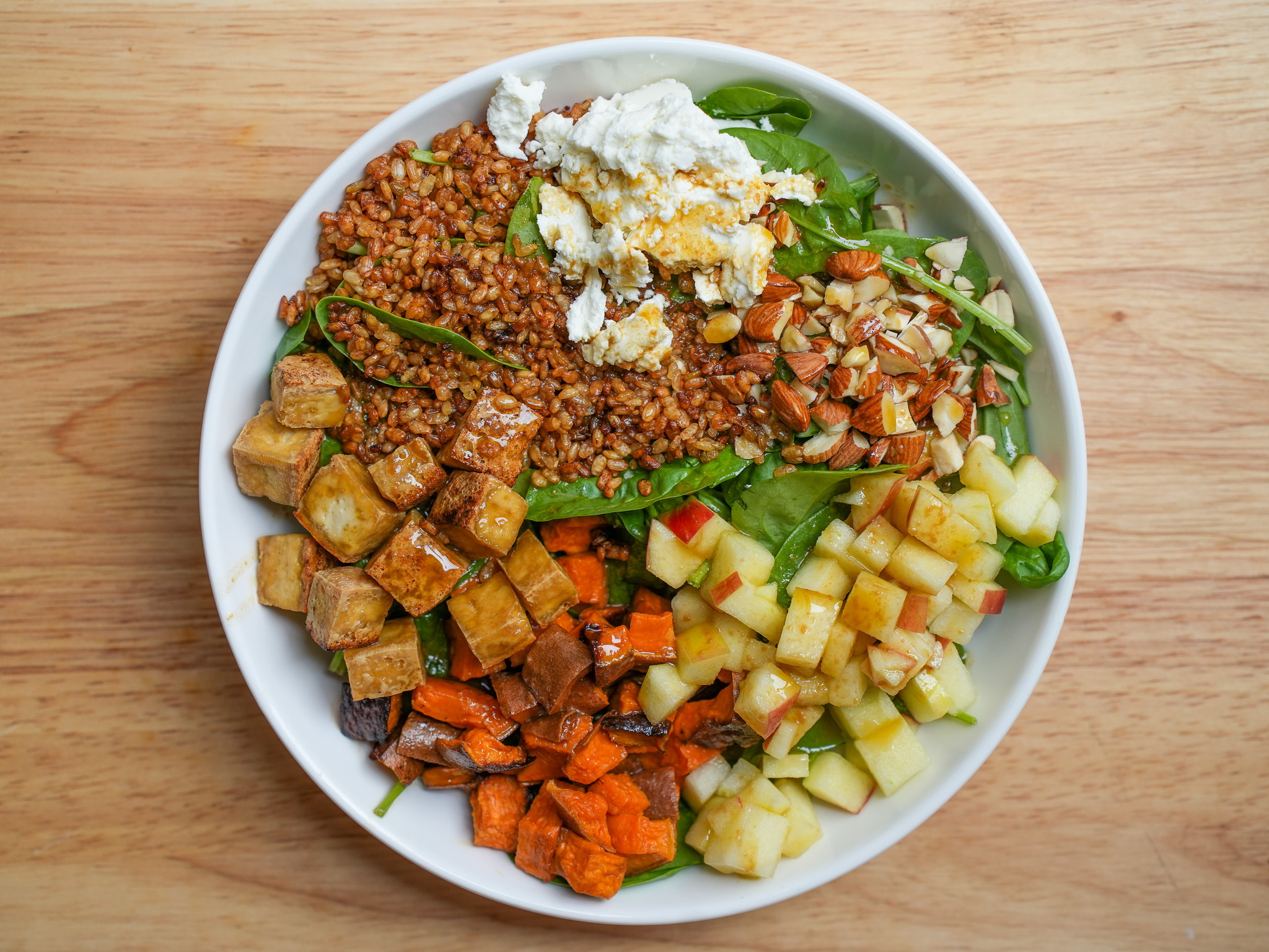
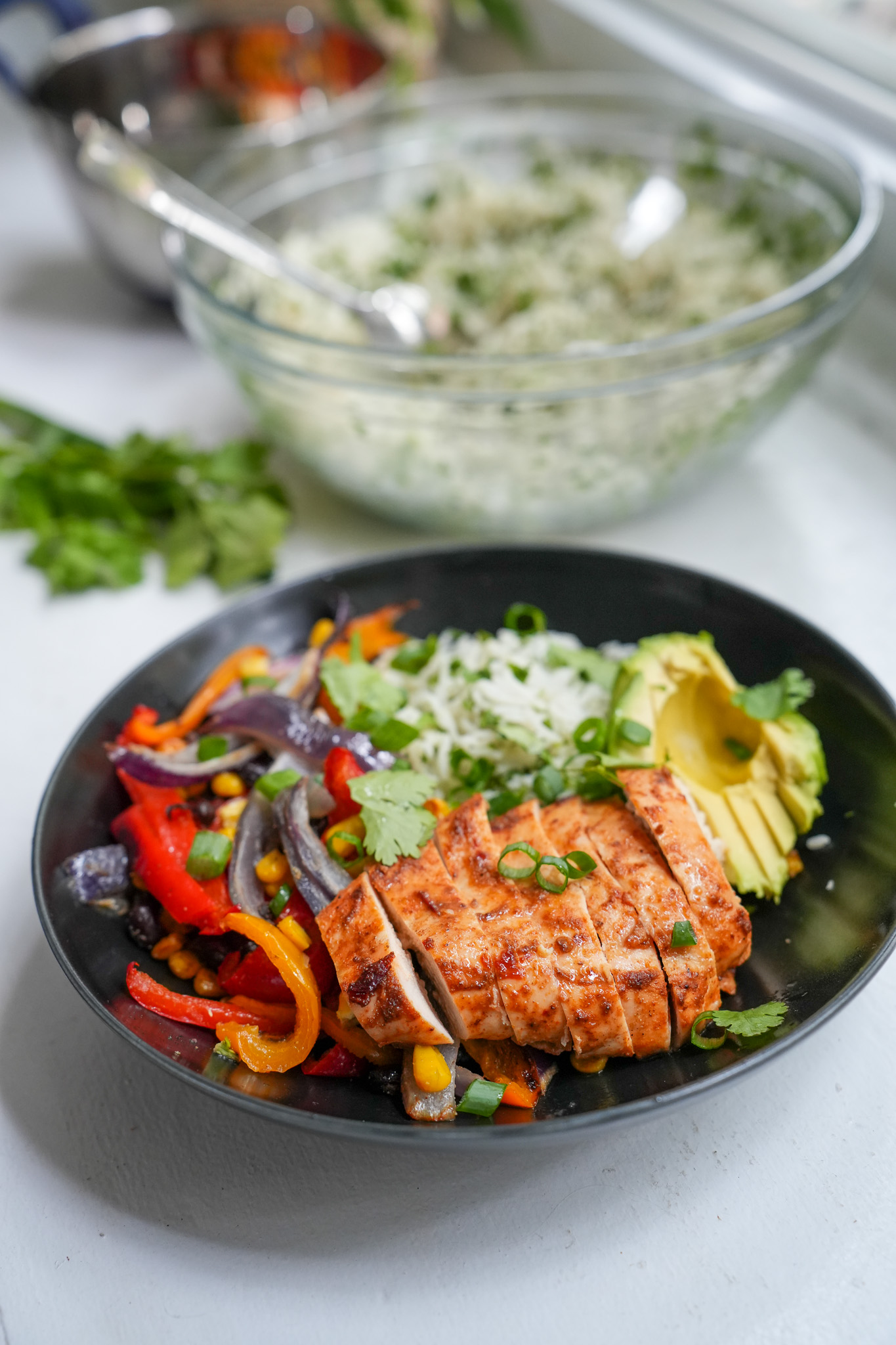
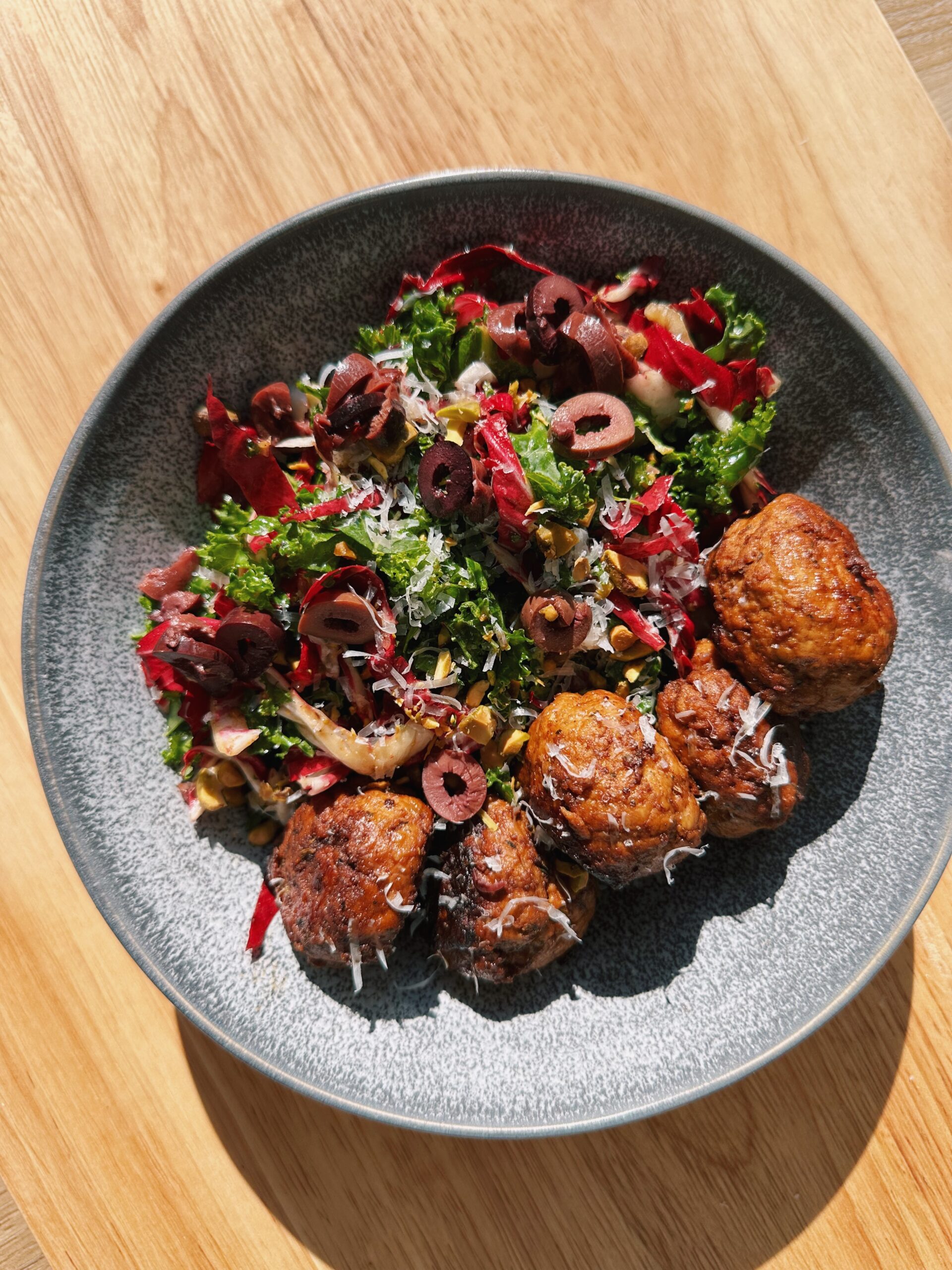
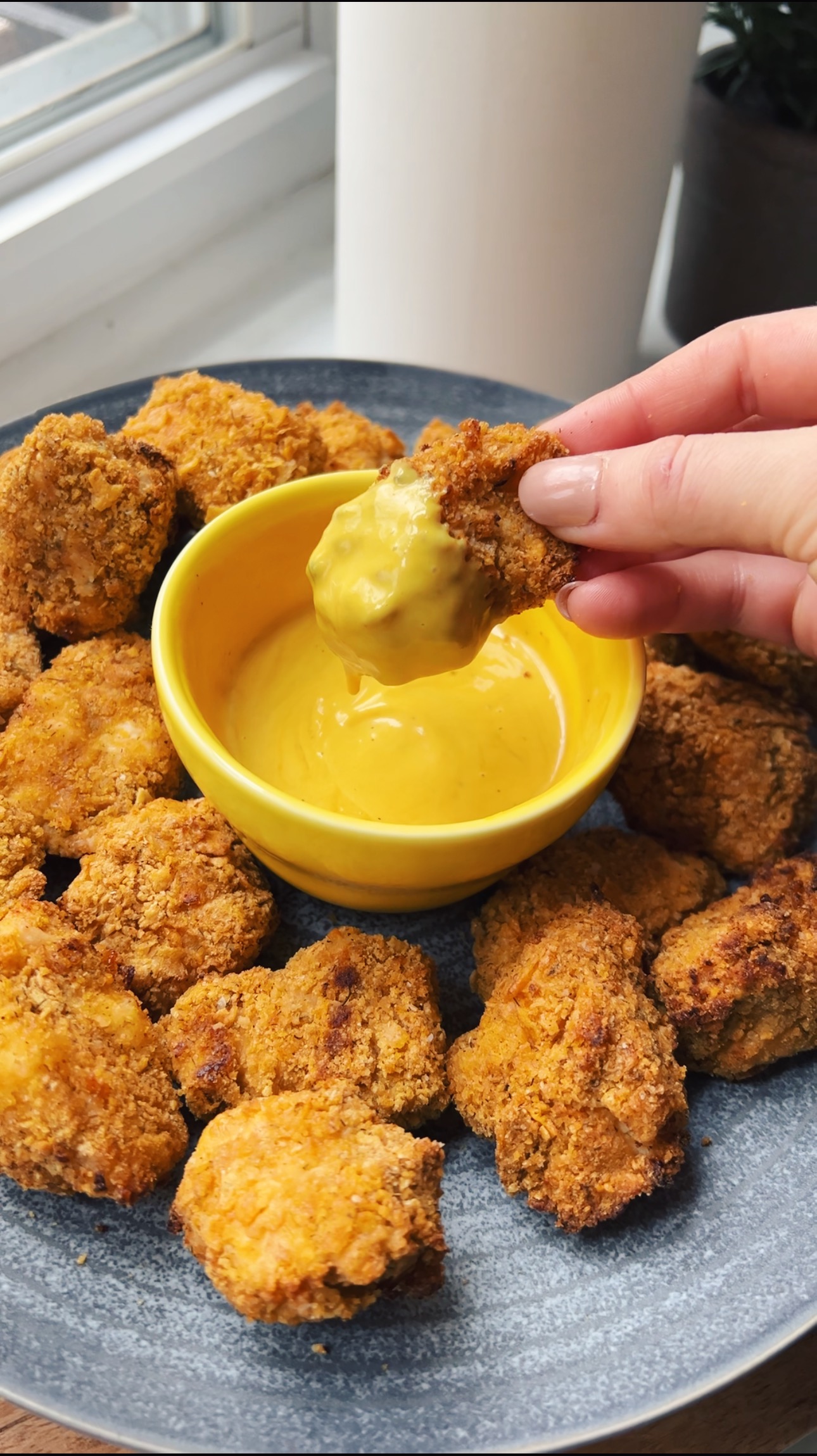

Leave a Reply